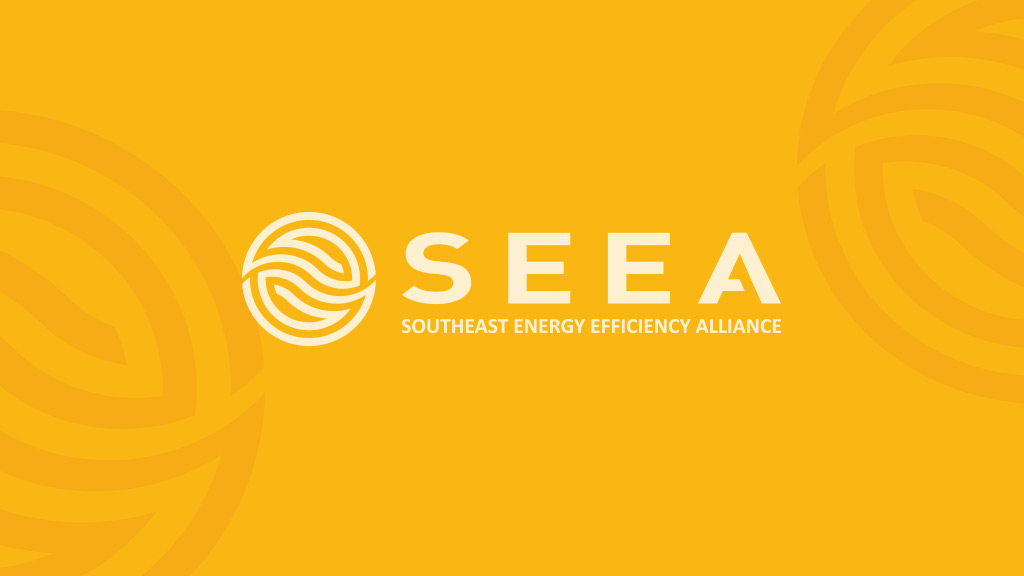Advancing Energy Affordability in the South: Reflecting on SEEA’s Annual Member Meeting

By Will Bryan
Earlier this year, the news broke that Atlanta is “dead last” in economic mobility. This wasn’t entirely new news. In 2014 Atlanta ranked forty-ninth out of the nation’s top fifty metro areas for economic mobility, according to researchers at Harvard University. By analyzing tax returns over time, the study’s authors found Atlantans faced steep barriers to economic mobility. While a child born in Atlanta in 1978 would be slightly better off by the age of 27 than a child born in 1992, neither had a high likelihood of improving their economic condition. But when that 2014 study was updated this year Atlanta dropped to last place.
Georgians received a double-whammy last month in a new CNBC study, which ranks Georgia as the tenth best state in the country to do business but the worst state in the nation for quality of life, with several other Southern states rounding out the bottom of that list. These reports underscore that the realities of life for many people in our region are deeply challenging, with few opportunities to thrive and move ahead.
Using these insights as the starting point, SEEA’s annual member meeting explored why issues like economic mobility should matter to energy efficiency practitioners and how our work makes a vital contribution to addressing these issues, particularly at a time when energy affordability is of increasing concern of households throughout the nation.
As SEEA’s work has indicated, energy affordability is a central concern for millions of people in the South. Our region experiences outsized rates of energy insecurity and affordability challenges, which disproportionately affect low-income households. These families often lack the financial resources to invest in efficiency solutions, trapping them in a cycle of high bills and uncomfortable – even unhealthy – living conditions. This can contribute to a lack of economic mobility, and worse. According to recent research, energy burdened households have a 150-200% greater risk of falling into, or staying trapped in, economic poverty.
Over the course of two days, SEEA members engaged in a dynamic program focused on key causes and solutions to such widespread struggles with energy affordability. The member meeting highlighted bright spots: programs that address energy insecurity, cutting-edge research insights that can guide programs and policies, and other innovations that are positioning the South as a leader in developing impactful solutions to energy affordability challenges. We also heard compelling evidence of how efforts to enhance energy affordability contribute meaningfully to solving other pressing issues, including improving public health outcomes, enhancing community resiliency, reducing peak demand, and yes, improving economic mobility.
Our members rounded out the meeting by experiencing firsthand how efficiency efforts are helping to improve economic mobility in Jacksonville. Thanks to JEA, we traveled to the eastside to learn about the incredible work happening through LIFT JAX – a nonprofit focused on eradicating generational poverty – alongside partners like JEA. We toured Debs Store, a historic business that has been completed retrofitted to serve as a grocery store, bank, and community hub for energy efficiency education and other essential services. This unique program model, which integrates energy solutions with wider community support and development, is one of the most innovative in the region.
Energy affordability has long been a core concern for SEEA, and our work provides our members with invaluable guidance on the critical context, effective policies, and essential program needs to improve affordability throughout the South. Our research not only outlines the pervasive nature of energy insecurity but also delivers actionable data for utilities, local decision-makers, and community-based organizations. This data empowers them to secure transformational investments, design and implement effective programs, and advance community development initiatives that can support entire neighborhoods. By connecting energy efficiency to critical issues like economic mobility, we also tell compelling stories about why this work matters and expand the set of stakeholders who are engaged in advancing energy efficiency.
We’ve seen it time and again in our work: investments in housing are, at their core, investments in energy infrastructure. By enhancing energy efficiency, we do more than just lighten the load on burdened households – both financially and in terms of health. We directly contribute to the “triple bottom line,” delivering benefits for people, the planet, and fostering prosperity. This strategy is vital for managing future energy growth, building a truly resilient system, and ultimately, ensuring a better future for everyone in the South.
We can only succeed in this work alongside great partners. We encourage you to reach out or explore our work to understand these critical issues and to see how we can work together on solutions.

